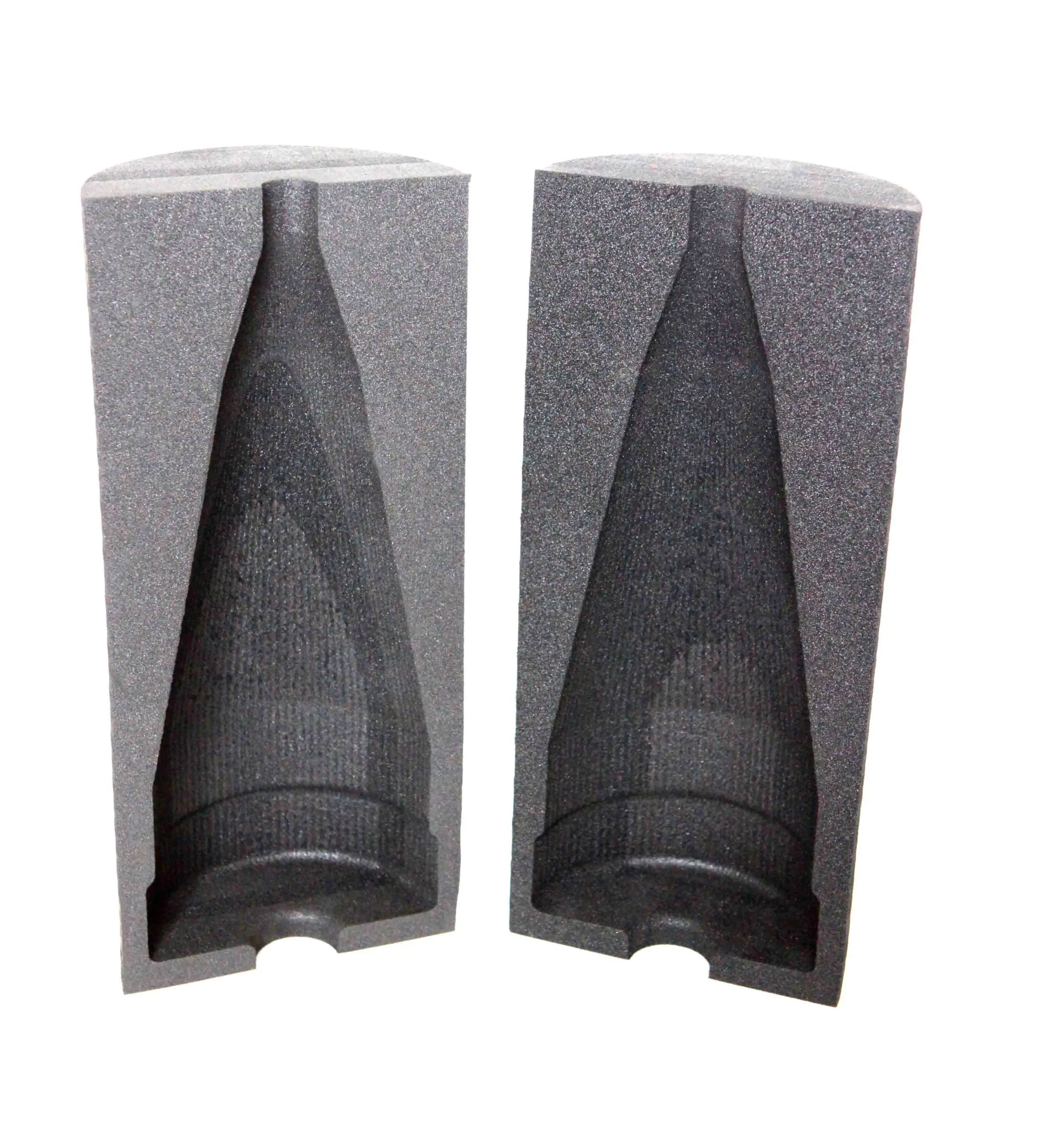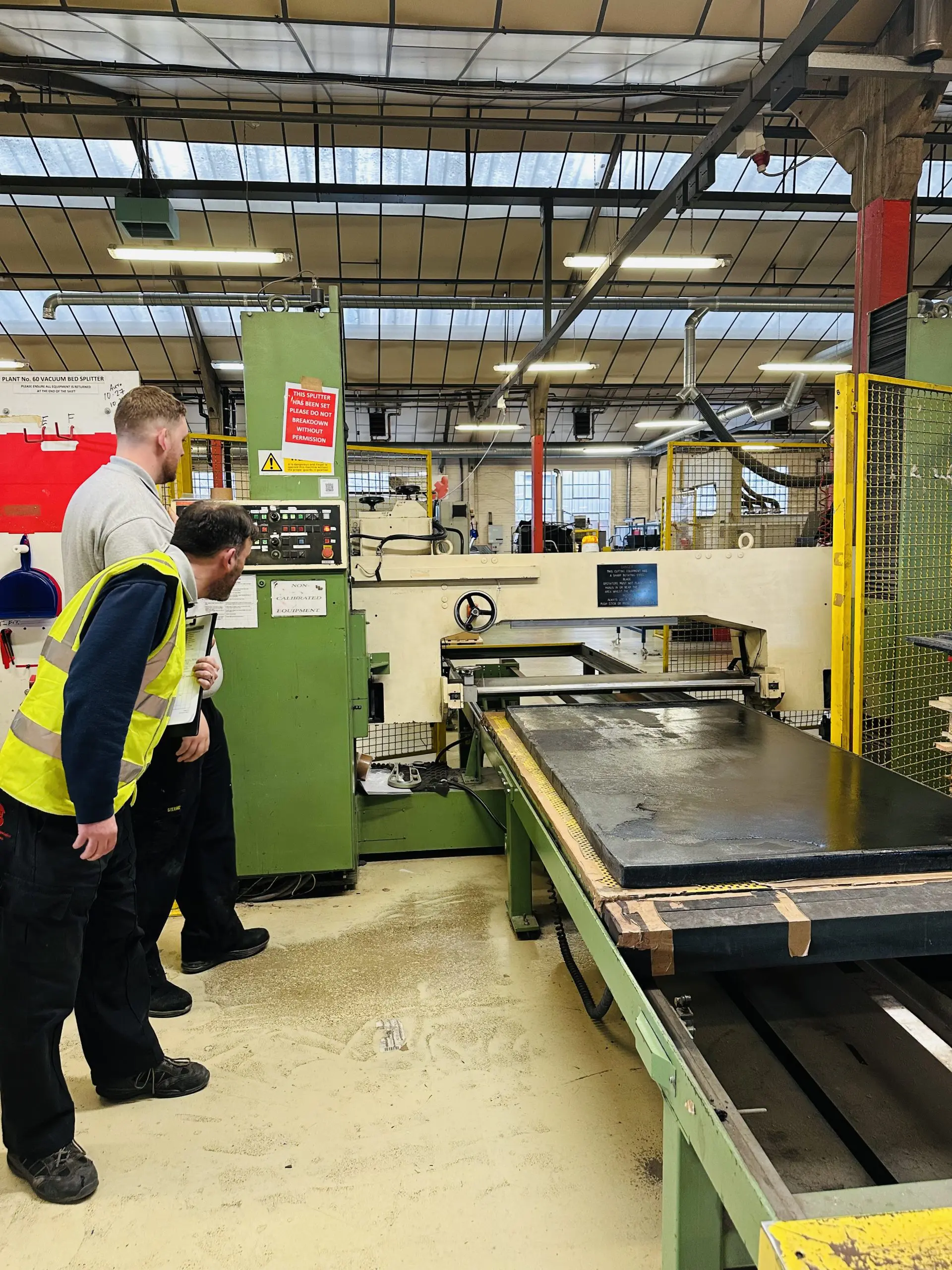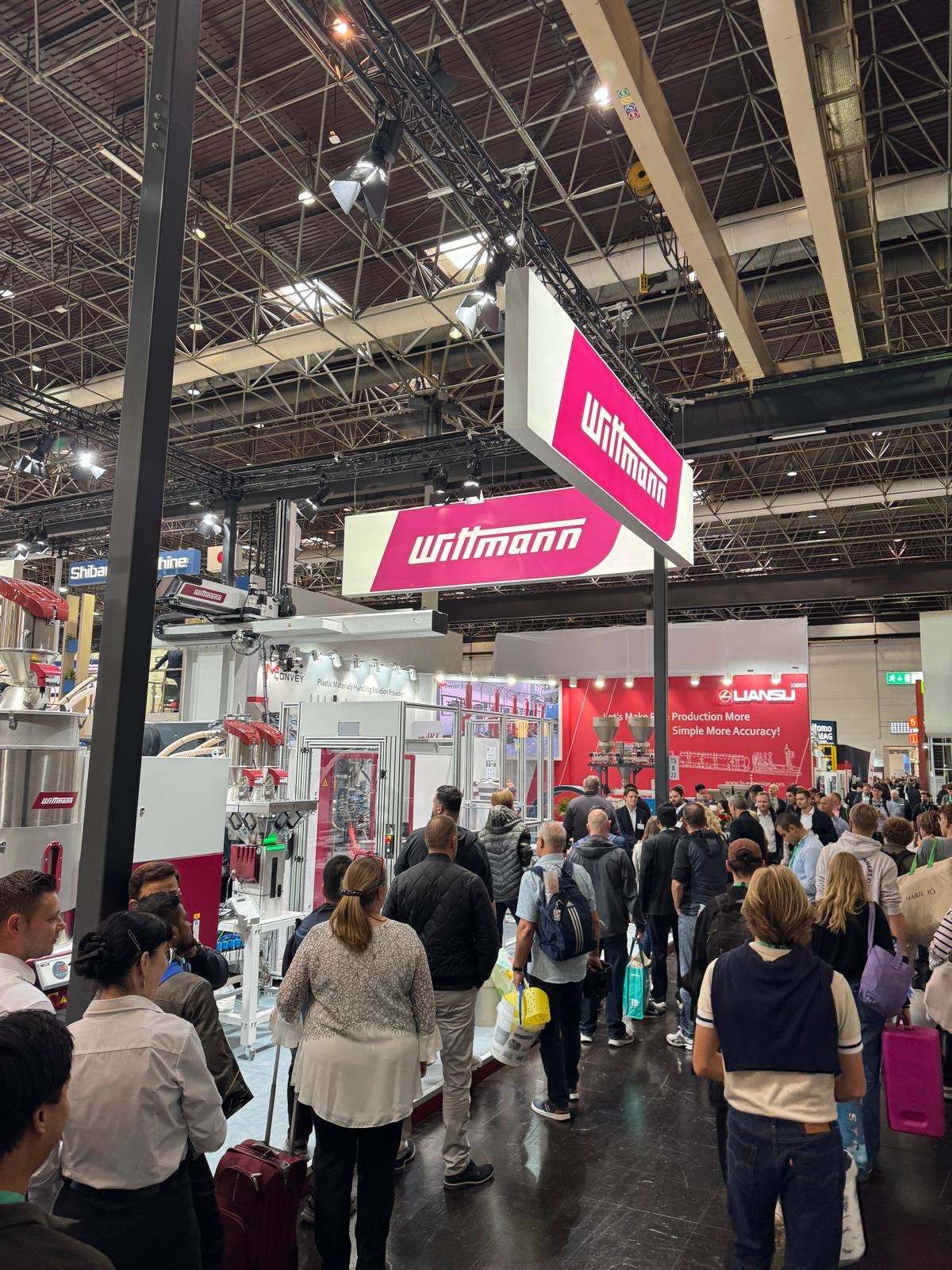
6th February 2026
What defence and aviation buyers should know about foam compatibility and compliance
Read more >

At Kewell Converters, we take pride in our ability to provide high-quality foam products, including air filter foam. As a leading foam converter in the UK, we understand the importance of air filter foam in HVAC and automotive industries. Here’s why Air filter foam plays a crucial role in these sectors and why it is essential for the efficient functioning of heating, ventilation, and air conditioning (HVAC) systems and automotive engines.
We will also discuss the benefits of using high-quality air filter foam and the consequences of poor-quality foam.
Air filter foam is a critical component in HVAC systems, as it serves to filter and purify the air before it enters the system. By trapping and removing dust, pollen, and other contaminants, air filter foam ensures that the air distributed throughout a building is clean and free of harmful particles. This is particularly important in commercial and industrial settings, where proper air filtration is crucial for the health and safety of occupants.
When high-quality air filter foam is used in HVAC systems, it can improve overall system efficiency and reduce energy consumption. This is because clean air filters allow for better airflow and prevent the system from working harder than necessary. In turn, this can lead to lower energy bills and a reduced environmental impact.
In the automotive industry, air filter foam plays a vital role in the performance and longevity of engines. The primary function of an air filter in a vehicle is to prevent dust, dirt, and debris from entering the engine, where they can cause wear and tear on internal components. This, in turn, can lead to reduced engine performance, increased fuel consumption, and even engine failure.
High-quality air filter foam is essential for maintaining optimal engine performance and ensuring a long lifespan for your vehicle. By choosing a superior air filter foam, you can significantly reduce the risk of engine damage and enjoy the benefits of a smoothly running engine.
Investing in high-quality air filter foam can provide a range of benefits for both HVAC and automotive applications:
As mentioned earlier, clean air filters lead to better airflow, which results in improved system efficiency. This can translate into cost savings and reduced energy consumption for both HVAC systems and automotive engines.
High-quality air filter foam can effectively remove contaminants such as dust, pollen, and mould spores, resulting in cleaner air and a healthier environment for building occupants.
By preventing the build-up of debris and contaminants within HVAC and automotive systems, high-quality air filter foam can help extend the life of these systems and reduce the need for costly repairs or replacements.
By using air filter foam that effectively filters out pollutants, both HVAC and automotive systems can contribute to a cleaner environment and reduced emissions.
Using low-quality air filter foam can have negative consequences for both HVAC and automotive systems:
Selecting the right air filter foam for your HVAC or automotive application is crucial for ensuring optimal performance and system longevity. Here are some factors to consider when choosing air filter foam:
Air filter foams can be made from a variety of materials, including polyurethane, polyester, and polyether. Each material has its advantages and drawbacks, so it’s essential to choose a foam that meets the specific requirements of your application.
The density of the foam affects its filtration capabilities, with higher density foams typically providing better filtration performance. However, high-density foams can also restrict airflow, so it’s important to strike a balance between filtration efficiency and airflow.
The porosity or pore size of the foam will determine the size of particles that can be trapped by the filter. Smaller pore sizes will provide better filtration but may also reduce airflow. Consider the specific needs of your application when selecting the appropriate porosity.
Ensure that the air filter foam you choose is resistant to the chemicals and temperature ranges commonly encountered in your application.
In certain applications, it’s essential to choose a foam that meets specific flame retardancy standards to ensure safety and compliance with regulations.
The importance of air filter foam in HVAC and automotive industries cannot be overstated. By using high-quality foam, you can improve system efficiency, enhance indoor air quality, extend system lifespan, and reduce environmental impact.
At Kewell Converters, we pride ourselves on supplying top-quality foam products that meet the specific needs of our clients.
Contact us today to find out how we can help you achieve optimal performance in your HVAC and automotive applications.

6th February 2026
Read more >

16th December 2025
Read more >

11th November 2025
Read more >